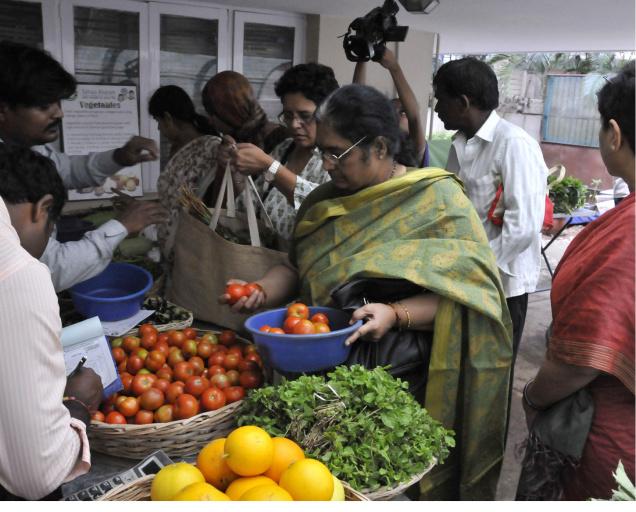New Delhi, Feb 5: Kapil Baisala who opened fired at the Shaheen Bagh protest site last week is a member of the Aam Aadmi Party, police said on Tuesday, sparking a war of words between the BJP and the AAP.
While the BJP accused Chief Minister Arvind Kejriwal of "playing" with the security of the country, the AAP hit back, stating the saffron party was indulging "dirty politics".
Deputy Commissioner of Police (Crime Branch) Rajesh Deo said that Baisala and his father joined the AAP in early 2019.
Baisala's family, however, refuted the police's claim.
Kapil Baisala's uncle Fatesh Singh told PTI, "I have no idea where these photographs are circulating from. My nephew Kapil had no association with any political party nor does any other member from the family. My brother, Gaje Singh, (Baisala's father) fought assembly elections in 2008 on a Bahujan Samaj Party ticket and lost. After that no one from our family had any links with any political party."
Singh added that Baisala also doesn't have friends associated with the AAP or any other political party.
Gaje had also contested the 2012 civic body polls from the BSP, the police said.
The police officer said they seized Baisala's mobile phone and retrieved WhatsApp data.
On Saturday, Baisala fired two rounds in air at Shaheen Bagh. According to eyewitnesses, the man shouted "Hindu Rashtra Zindabad" and fired two rounds.
He was overpowered by the police and later arrested.
In the pictures, it was seen that he and his father joined the party in the presence of Atishi Marlena, Sanjay Singh and other leaders, sources said.
The police said on Thursday, Baisala, along with his friend Sarthak Larolla, went to Shaheen Bagh from his village on a bike.
Through CCTV footage, it was found they took the DND flyover, Maharani Bagh, Sarai Jullena and reached Holy Family hospital, a senior police officer said.
"Baisala was not comfortable on the bike as he had hidden the pistol near his waist. They entered the hospital's parking where he adjusted the pistol, used the washroom and headed towards Shaheen Bagh," the senior official added.
When they reached the protest site, Larolla left the spot with the motorcycle and Baisala's mobile phone. Later, Baisala fired two rounds in the air and was apprehended. The weapon was recovered from near the spot, the police said.
Larolla joined the investigation and the mobile phone was seized from his residence.
Baisala has been remanded to police remand for two days.
He had bought the pistol around seven years ago for his brother's marriage. The source of the weapon from where he procured it is yet to identified, police said.
The sources said Baisala was previously also involved in firing incident but was never caught nor was a case registered against him.
Hitting out at the AAP, BJP president J P Nadda accused Kejriwal of playing with the security of the country and said that the people will give the party a befitting reply.
"I want to make clear to Kejriwal that this country is bigger than any election, any government, and the country will not forgive those who play with its security. The people of Delhi will give a befitting reply," Nadda tweeted.
Senior AAP leader Sanjay Singh asked on whose directions was the Delhi Police accusing his party.
"Before the police revealed it (Baisala being an AAP member), how did BJP's Delhi president Manoj Tiwari come to know about it," Singh asked and accused the police of maligning the party.





Comments
Add new comment